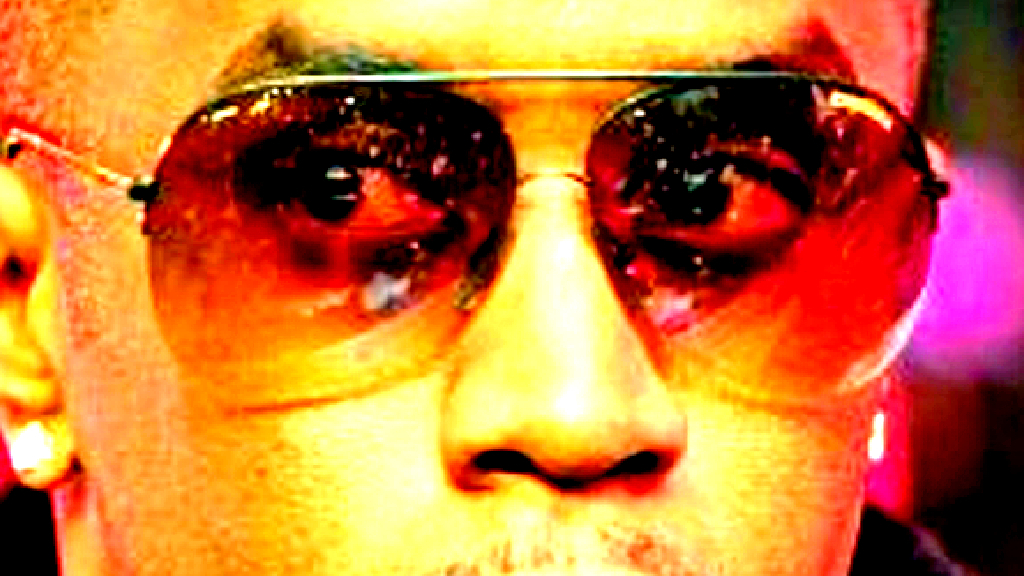The ongoing media frenzy surrounding Sean “Diddy” Combs has intensified following a series of shocking allegations and lawsuits filed against the rap mogul. Just recently, new claims emerged in Manhattan Supreme Court, detailing horrifying incidents of alleged sexual assault, including accusations involving a 10-year-old boy. The latest lawsuit describes encounters dating back to 2005 when Combs allegedly manipulated a young aspiring actor or rapper. The boy was promised an “audition” in a hotel room, leading to a disturbing incident where, after consuming a soda provided by Combs, he reportedly became incapacitated and was subjected to sexual assault. These allegations underscore the predatory behavior that the complainant attributes to the influential figure, revealing alarming dynamics of power and exploitation.
The accusations against Combs paint a grim picture of the psychological toll experienced by the alleged victims. In the complaints, the young boy is depicted as having suffered daily nightmares and fears, stripped of the innocence of childhood due to his traumatic experience with the mogul. The lawsuit reveals that the boy was threatened to maintain silence about the incident, which prevented any formal reporting to authorities, likely resulting in further emotional distress. Combs has steadfastly denied all allegations, asserting his innocence as he awaits trial on federal charges and remains imprisoned in Brooklyn. This aspect highlights the broader implications of power dynamics within the entertainment industry, where vulnerable individuals are often preyed upon by those in positions of influence.
In addition to the allegations involving the child, another lawsuit was filed by a young man who claimed Combs sexually assaulted him when he was a 17-year-old hopeful in the music industry. The details of this case reflect a disturbing pattern of behavior, with the teenage victim describing how Combs purportedly sought to gauge his willingness to navigate sexual pressures within the industry. The interactions escalated over several days, where Combs allegedly coerced the teen into sexual acts, further illustrating the toxic environment that permeates certain areas of the music scene. The young man’s allegations reinforce the notion that predatory practices are not isolated incidents but symptomatic of a larger systemic issue affecting aspiring artists.
This evolving narrative around Diddy raises essential questions about accountability and the culture that allows such behavior to persist. The power imbalance between established figures in the entertainment realm and those seeking to break into the industry is glaring. The allegations suggest that success may have been contingent upon compromising personal safety and well-being, placing immense psychological burdens on the victims. It raises critical conversations about the responsibilities of industry gatekeepers and the need for protective measures for vulnerable individuals to prevent exploitation and abuse.
As the legal proceedings unfold, the impact of these allegations reaches beyond individual stories to invoke wider societal concerns regarding the treatment of young artists, particularly in male-dominated spaces. The ongoing revelations not only cast a shadow on Diddy’s legacy but also resonate within the broader context of the “#MeToo” movement. The dire need for cultural change within the music industry becomes more apparent, calling for mechanisms that empower victims to come forward and seek justice without fear of retribution or career repercussions. The testimonies shared by the alleged victims may initiate vital discussions aimed at reforming the landscape of the entertainment business, ensuring that future generations are protected.
The sensational nature of the allegations ensures that the media remains captivated by Diddy’s unraveling saga. With trial dates pending and further investigations likely in the pipeline, this case serves as a reminder of the dark side of celebrity culture where fame can often conceal predatory behavior. Diddy’s high-profile status has not shielded him from public scrutiny, as the allegations shine a light on the otherwise hidden experiences of countless individuals who may have faced similar exploitation in various sectors. The calls for justice are multiplying, reinforcing the idea that accountability must be prioritized for the safety and well-being of all people, especially those trying to cultivate their talents in the entertainment industry.
In conclusion, the recent lawsuits against Sean Diddy Combs highlight a troubling narrative of abuse and manipulation within the entertainment industry that resonates deeply with contemporary social issues. As public attention remains fixated on Combs, the stories of the victims showcase the urgent need for systemic change to protect young people who aspire to enter the world of music and entertainment. The revelations bring forth not only the necessity for accountability within the industry but also the importance of creating a cultural framework where victims feel empowered to share their experiences and seek justice. The unfolding drama surrounding Diddy embodies a critical moment in the ongoing battle against exploitation, urging society to confront the darker aspects of fame and protect those who are most vulnerable.

